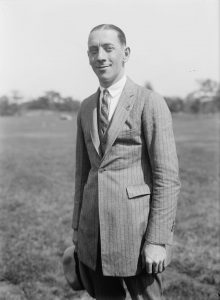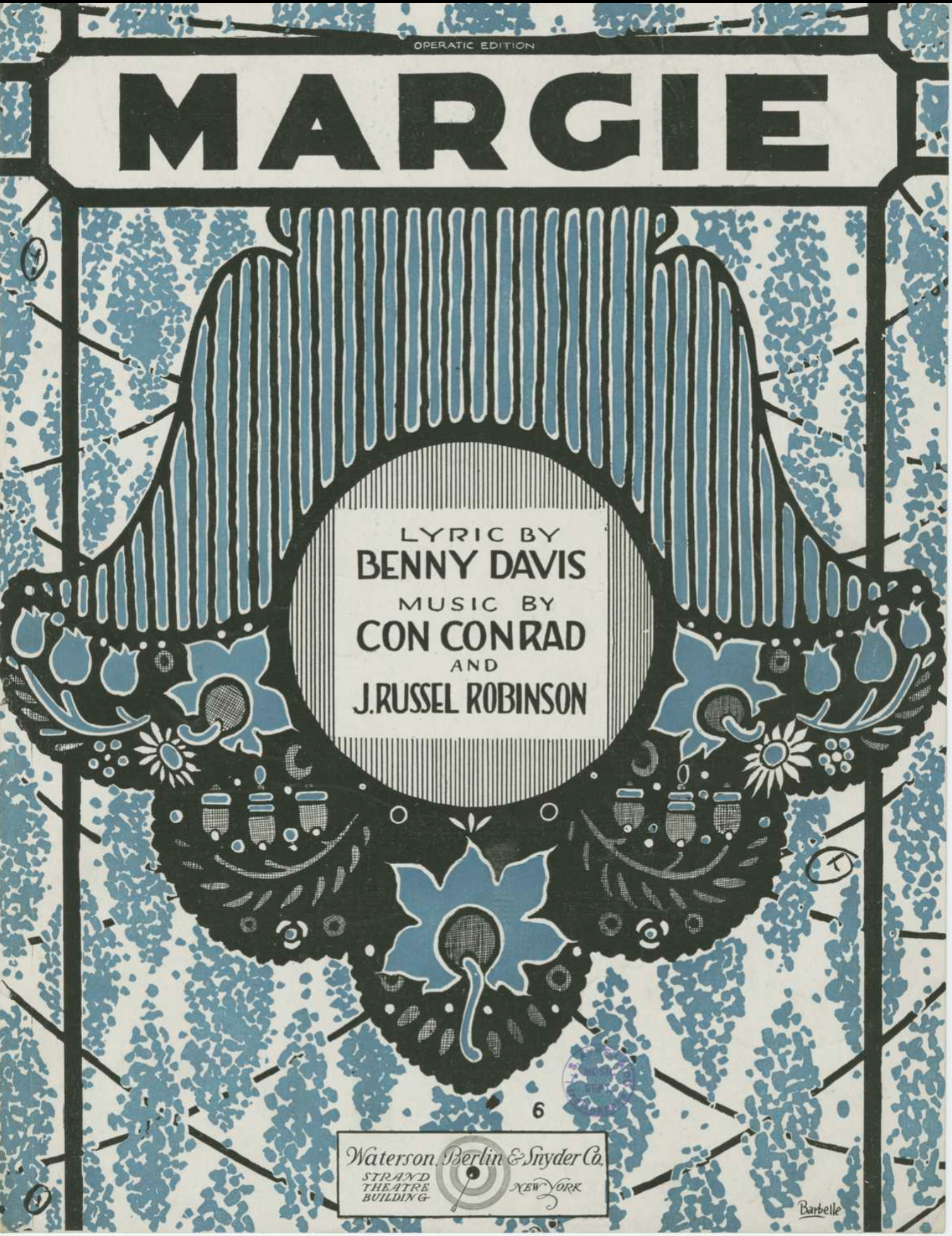
Photo info ...
Credit: Bain News Service, Public domain via Wikimedia CommonsView Source
(July 8, 1892-Sept. 30, 1963). A native of Indianapolis, Joseph Russell Robinson left to begin his career as a pianist by accompanying silent films in local theaters. Between 1908 and 1912, his family lived in various southern cities where he and his brother John performed in movie houses. Possessing a distinctive playing style since his right arm was crippled by polio, Robinson became popular with piano-roll companies and obtained contracts to record dozens of rolls for Imperial and the United States Music Company in Chicago (1917-1918).

Later, he moved to New York where he recorded blues songs for the QRS Company (1918-1921). Robinson also served as a pianist for the Original Dixieland Jazz Band (1919-1921) and accompanied numerous jazz and blues singers in the 1930s before moving to California in the 1940s.
Robinson collaborated extensively with African American musicians, including W. C. Handy, , and Spencer Williams, who praised Robinson as “the white man with the colored fingers.” Although he later developed a reputation for his blues-and jazz-influenced compositions, Robinson made his initial mark by composing rags, all of which were published in Indianapolis: “Sapho Rag” (1909), “Dynamite Rag,” “Minstrel Man,” and “Erratic Rag” (1911). His “Eccentric Rag” (1912) became a standard in the jazz repertory. Best-known for his popular song “Margie” (1920), Robinson also composed “Singiri the Blues (Til My Daddy Comes Home)” (1920), “Aggravatin Papa (Don’t You Try to Two-Time Me),” and “Beale Street Mama” (1923).

Help improve this entry
Contribute information, offer corrections, suggest images.
You can also recommend new entries related to this topic.